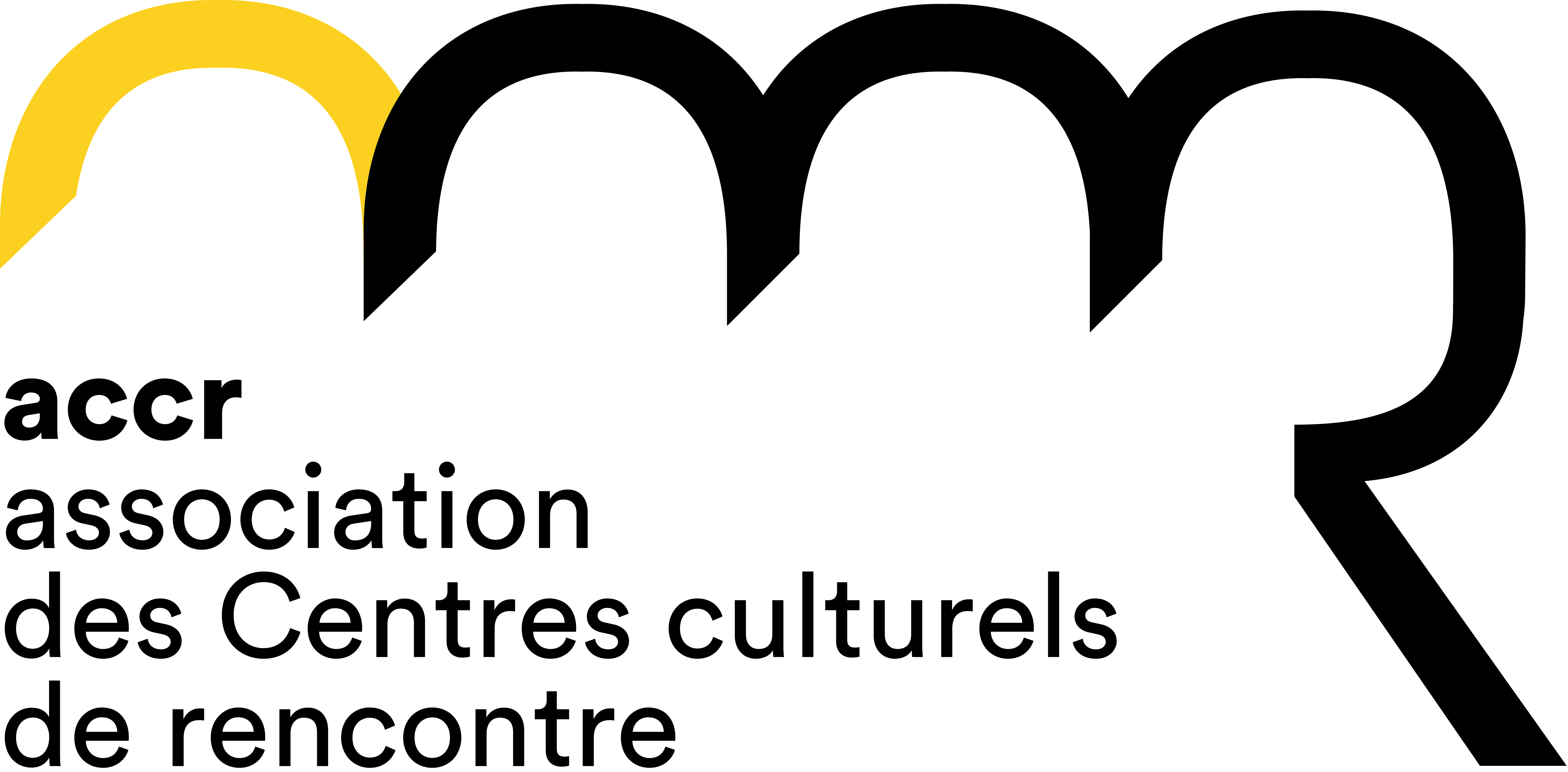Livia Mattos, a Brazilian circus artist, was welcomed in May 2023 for a one-month residency at ARIA as part of the Odyssée programme.
"The aim of this residency was to initiate the process of creating a new circus-musical show to celebrate my 20-year artistic career (...) The residency was a starting point. So this time of process focused on the freedom to experiment and generate ideas, considering that nothing was a waste of time: there was no need to rush, what mattered was the journey.
I devised a new scenic element to explore during the residency, as a stimulus for new experiments and avenues: a foam puppet. Its body could be completely dismantled, allowing its separate parts - head, legs, trunk, pelvis - to be used in different ways and combinations. I named her Antônia and began to explore who she would be and what our relationship would be. Antônia arrived a day before I was due to fly to Corsica. In a way, it was wonderful because any relationship with the object really began at L'ARIA.
As we know, puppets can be made from different materials and in different shapes. The choice of foam as the material for Antônia stems from the poetics of the show: how to transform weight into lightness. In this dialogue with gravity, Antônia ends up representing my light version. Antônia Antonyme: my double, my shadow, my contradiction, my desire.
The lightness of the puppet also meant it could be manipulated extensively, to test the ideas that crossed my mind as I began the process of experimentation. For example, the aim was to experiment with different ways of wearing it and to explore images on the unicycle. From the possible configurations, I discovered who Antônia was. At one point, I experimented as if she were 'the other', carrying her in her entirety. Then I dismembered her in every possible way, merging with her. It was a series of improvisations, dance, music, text, acrobatics and other reveries that opened new creative doors.
Inside the structure of L'ARIA, there were a few circus devices, including fabric. Over the course of my 20-year career, I've practised fabric professionally and studied it in depth for half of that time. It's perhaps the technique I've worked on the most in my life. However, I hadn't done any for 10 years. Before I left, I already knew that it existed, but I hadn't even considered using it... at best, going up and down as a strength exercise. It turned out that, as I revisited these 20 years of my career, it made sense to start making fabric again, as a discipline that had been an integral part of my career. In a careful process - like finding someone very important in your life whom you hadn't seen for a long time - I got closer to fabric. In the midst of my experiments with Antônia, I invited her to come upstairs with me. It all made sense, because fabric offered a very powerful way of interacting with gravity, through the relationship with the puppet.
The accordion and the voice were companions on this journey of experimentation. I composed, arranged and played. My body couldn't stand long hours of intensive physical work, so music and writing were creative moments that offered me a slight respite. Given that it's also a heavy instrument, it's impossible to overlook the physical effort required to play the accordion. And of course, Antônia also tried her hand at playing the accordion. Inspired by popular culture and the small travelling circuses of Brazil, I looked for contemporary ways of revisiting the use of puppets, entering into a dialogue with memory and offering my own interpretation.
During the residency, there were two presentations open to the public. One on 13 May, at the 'Le Renndez-Vous Du Theatre Amateur'. The other was the residency itself, on 27 May. I consider it extremely important to be accountable to the local and neighbouring community.
My assessment of the artistic process is that I came out of it with the process of creating two shows and a concert: a solo show, resulting from the research with Antônia; a show with other musicians/artists, which takes up an anthology of my 20-year career, reinventing the characters from my career; and a solo show, with an extremely elaborate musical component, without losing its stage character.
I'm very grateful for this experience, which, for me, also sounds like a recognition that legitimises these 20 years of career. We know that making a living from art isn't easy, and how necessary these immersion processes are to deepen our research, our languages, our techniques and our poetics, so that we can offer our power to the world. Thank you to the Odyssée programme, the ACCR, the French Ministry of Culture and L'Aria! It was an intense process to revisit my history and build a bridge between what was and what will be.
I'm grateful for the dialogue and friendship I developed throughout this period with Marie-Laure Poveda (director of ARIA) and the assistance of Fiore Parigi (administration and communications officer at ARIA).
I'm leaving the residency with lots of ideas to put into stage and musical productions! I'm leaving with the hope of finding the resources to make them a reality. »







